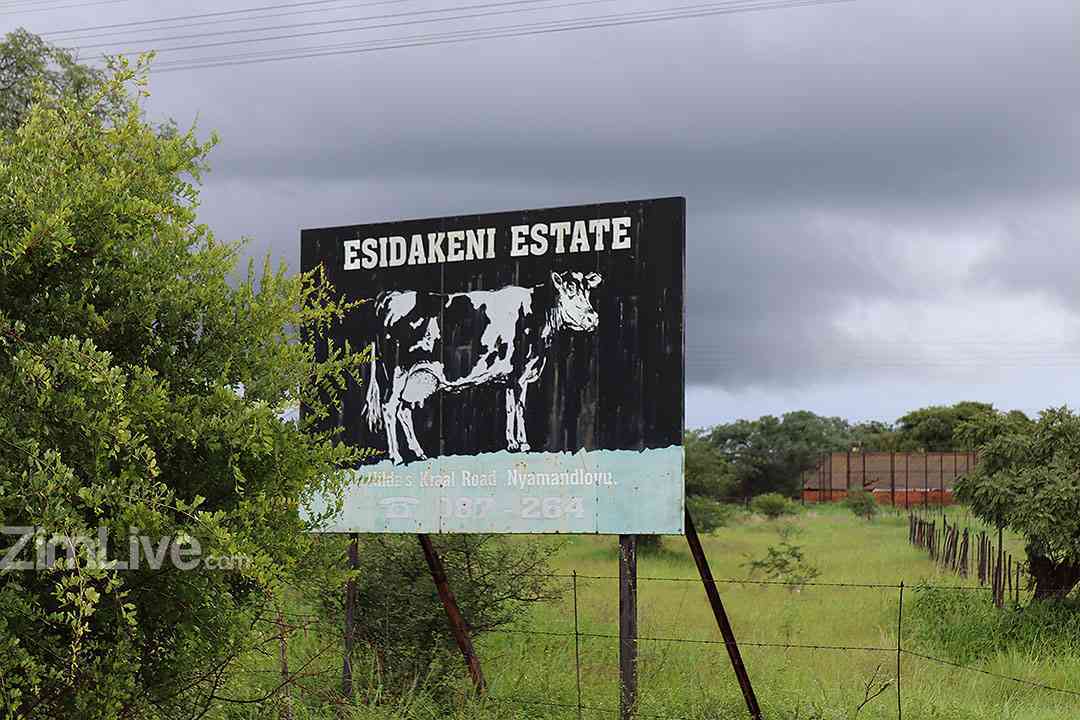
FOREIGN currency-generating businesses, including tourism and agriculture, are weighed down by excessive regulations and bureaucratic red tape, industry experts have warned.
Over the past few months, businesses have decried what they describe as excessive taxes stifling business operations on top of preexisting regulations long considered cumbersome.
Research by local fact-checking body, ZimFact, revealed that Zimbabwe has at least 50 taxes. These are based on an analysis of the local tax legislation such as the Finance Act, Income Tax Act, Customs and Excise Act, Capital Gains Tax Act, Value Added Tax Act, Stamp Duties Act and Revenue Authority Act.
Despite this, firms must also pay for several obligations to city councils, multiple statutory bodies and monetary authorities.
In an interview with NewsDay Business, Tourism Business Council of Zimbabwe chief executive officer Paul Matamisa said accommodation providers required up to 25 licences and tour operators 15.
“They have got a cost, every one of them comes with a cost, so that is an additional cost to our input costs into the business. They also affect us in terms of the time you spend running around and chasing these regulatory requirements,” he said.
“It is costing itself. If you do a cost-benefit analysis, you find that there is a cost attached to it.”
He emphasised the need for a shift in the government’s approach to regulating businesses.
- Lupane man survives axe attack
- Women’s hockey team in impressive start
- Scrap IMTT to save industry, govt urged
- AfDB cuts Zim’s growth projections to 3.5%
Keep Reading
“Government must accept the principle of their business as being facilitatory. They are not there to make money out of the businesses,” Matamisa said.
“They will make money out of the businesses after the business has been done, out of the operations. They will make money through corporate tax and so on, but you cannot charge the business at every step. It becomes too punitive.”
Despite businesses working hard to stay afloat, they ended up in losses because most of their money would have gone to the authorities through regulatory requirements, he said.
“Eventually, when there is no sustainability of a business, it will collapse,” Matamisa said.
Despite regulatory challenges facing the tourism industry, industry experts remain optimistic about the future.
“We are hopeful that the last quarter of the year will see a surge in local tourism, driven in part by increased disposable income among ordinary citizens,” Matamisa said.
“For this to happen, the government needs to not only address regulatory issues, but also ensure that workers have extra cash in their pockets through benefits like pay increases and other incentives.”
Similarly, the agricultural sector is facing similar challenges related to multiple regulations, taxes and levies.
“We need harmonisation of our regulations so that we do not have several regulations speaking to the same thing. There are no overlaps. We also need one-stop shops so that it is easy for the farmer to comply,” Zimbabwe Farmers Union economist Nyasha Taderera said.
“We also want to see the levies that are being paid by the farmers being ploughed back into the industry and benefiting the farmers, and not just being a source of income for the regulators.
“The current levies imposed on farmers are excessive and unfair. Take the land levy, for instance, which is charged per hectare without considering the scale of production or regional differences in productivity.”
She said farmers in regions four and five, where output per hectare was lower, were disproportionately affected.
“A more equitable approach would be to charge levies based on returns per hectare,” Taderera said.
Combined, the tourism and agriculture industries generate forex of over US$2 billion annually.










